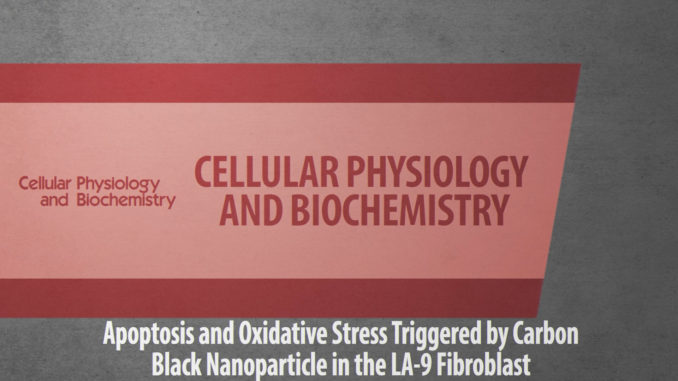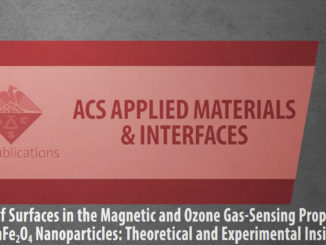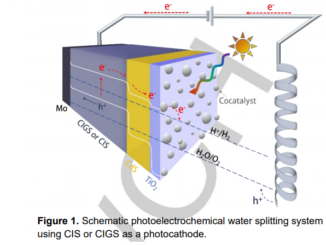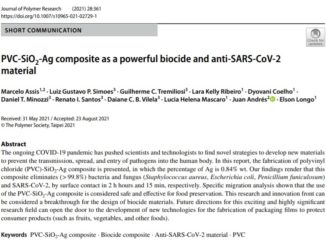
Apoptosis and Oxidative Stress Triggered by Carbon Black Nanoparticle in the LA-9 Fibroblast
Abstract: Background/aims: A new type of nanoparticle, called NP CB-EDA (Black Carbon modified with ethylenediamine), is commonly used in the oil industry. In the literature, few studies are found in biological models, making NP-EDA potential cytotoxicity in organisms unclear. As its large surface area is capable of interacting with the biological system, that interaction could lead to factors harmful to health. The objective of this study was to investigate the cytotoxic effect of NP CB-EDA on fibroblasts LA-9 at 24 and 48 hours, at different concentrations of the nanoparticle (1, 50, 250, 500 and 1000 µg/ml).
Methods: NP CB-EDA was characterized by TEM microscopy and its effect on cell viability (MTT method), cell morphology (optical microscopy), cell membrane (lactate dehydrogenase release – LDH), oxidative stress pathways (species levels reactive oxygen, ROS and nitrogen, NOS) and apoptosis/necrosis (flow cytometry) were evaluated.
Results: The results show that NP CB-EDA at concentrations of 500 and 1000 µg/ml form clusters. The nanoparticle can be absorbed by cells decreasing cell viability. There was damage to the cell membrane of fibroblasts LA 9, an increase in the production of ROS, NOS and pro-inflammatory interleukins TNF-α and IL-6; it was also observed an increase in % of cells in the state of apoptosis in the two periods analyzed, being this response more significant in 24 hours, and concentrations of 250, 500 and 1000 µg/ml presenting higher cytotoxicity.
Conclusion: The data suggest that NP CB-EDA in fibroblasts LA9 presents cytotoxic potential, which is associated with oxidative stress and apoptosis.
Author(s): Rodolpho, J.M.A.; Godoy, K.F.; Brassolatti, P.; Fragelli, B.D.L.; Castro, C.A.; Assis, M.; Speglich, C.; Cancino-Bernardi, J.; Longo, E.; Anibal, F.F.
Cell Physiol Biochem
Published: 2021 Jun 26, 55(3):364-377.
DOI: 10.33594/000000382
CDMF
The CDMF, hosted at the Federal University of São Carlos (UFSCar), is one of the Research, Innovation and Dissemination Centers (RIDC) supported by the São Paulo State Research Support Foundation (Fapesp), and also receives investment from the National Council Scientific and Technological Development (CNPq), from the National Institute of Science and Technology of Materials in Nanotechnology (INCTMN).




